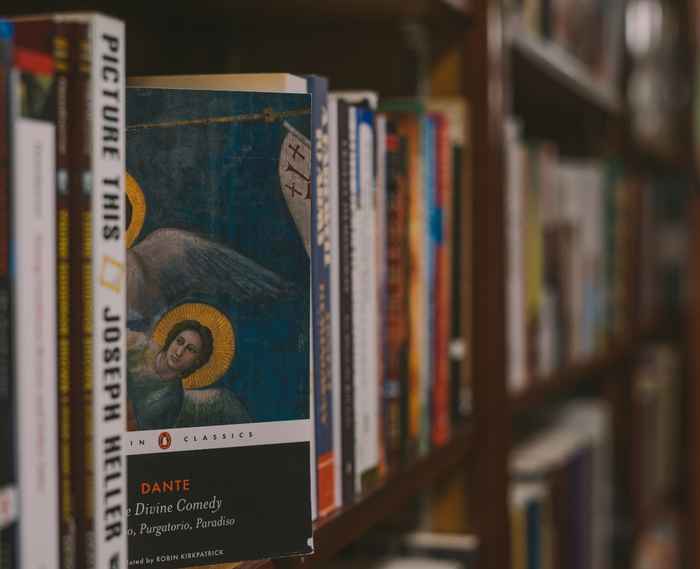Honoursmodule: Medieval Modernity: Dante and the Divine Comedy (6 EC)
In the spring of 1300, a relatively unknown Florentine poet by the name of Dante Alighieri (1265-1321) went on a weeklong journey in the world after death. About his experiences in hell, purgatory and heaven he wrote the Commedia, a truly miraculous poem that has exercised a profound influence on Western culture ever since. It is a medieval poem, but one that still speaks to us with a sometimes remarkably modern voice.

The Commedia is the autobiography of a poet in love with an angelic woman; a visionary treatise on history and world politics; a passionate sermon on how humans should live better lives; a theologically inspired story of a communion of a human soul with God. The Commedia is also a compendium of virtually all existing knowledge, bringing together, discussing and often contributing to virtually all art forms (literature, music, visual arts etc.) and scientific disciplines of its time (geography, cartography, physics, ethics, law, politics, astronomy, mathematics etc.).
Besides acquainting ourselves with Dante’s ideas and with some of the world-famous episodes and powerful characters from Inferno, Purgatorio and Paradiso, we will read and examine Dante’s masterpiece while asking ourselves what makes this medieval work so recognizable and modern.
In this respect we will discuss how modern and contemporary artists, writers, musicians, intellectuals, scholars, scientists and politicians are inspired and influenced by Dante’s poetry. How they build a fruitful dialogue with Dante’s work or how they dubiously misuse and misinterpret it through a ‘scientific’ or political framework.
In two (creative) assignments you will further explore Dante and Dante’s legacy following your personal interests.
Coordinator
dr. Elio Baldi; dr. Ronald de Rooij
Timetable
All lectures will take place on-campus and we assume you can be physically present during the scheduled hours. You can find the timetable on Datanose.
Registration
Registration is possible for students participating in an Honours programme. The registration period for the Honours courses will be from June 6, 10:00 am to June 10, 11.59 pm. You can register through the online registration form that will appear on Honoursmodules IIS. (registration is NOT through SIS)
Please note: Placement is not guaranteed if you register after June 10, so make sure you register on time. You will hear which course(s) you are registered for before the end of June.
For questions about registration, please contact us at: honours-iis@uva.nl.
- Mode
- Honours programme
- Credits
- 6 ECTS,
- Language of instruction
- English
- Starts in
- September